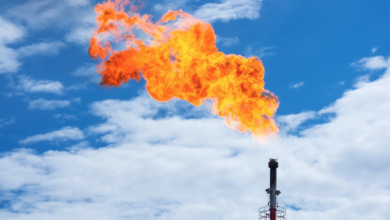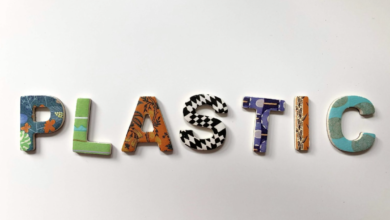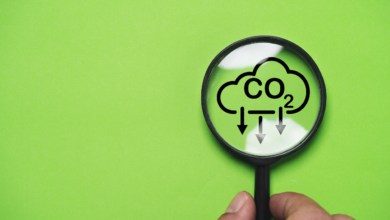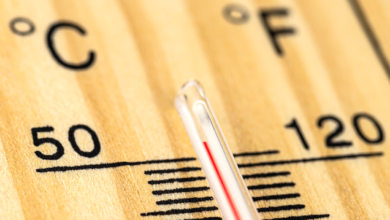World Bee Day 2023, we protect pollinators
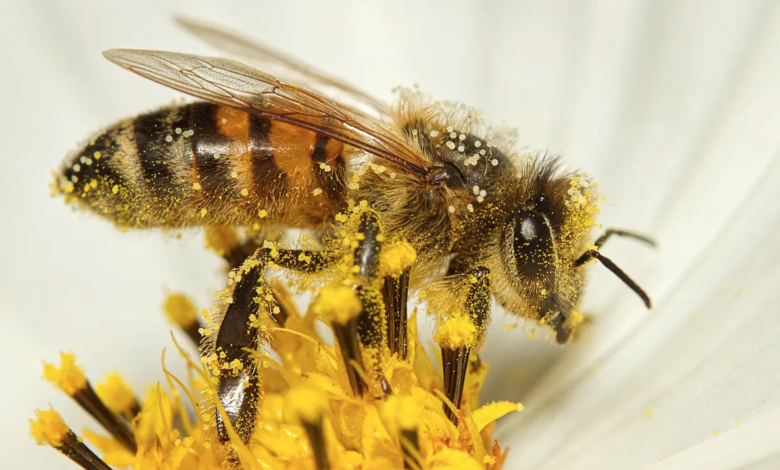
20 May is World Bee Day 2023
Bees and pollinators play a vital role in agriculture and global ecosystems. World Bee Day 2023 reminds us that bees and other pollinators are indispensable to our survival: We must do everything we can to protect them by combating environmental degradation and by raising people’s awareness of their role in defending biodiversity.
World Bee Day 2023, an opportunity to raise awareness
The health of ecosystems and food safety depend on the health of bees, but we do not care. Intensive monoculture production, habitat loss and the misuse of pesticides pose serious threats to pollinators because they reduce their access to food, and exposure to harmful chemicals weakens their immune system.
The World Bee Day 2023 aims to raise awareness of the adoption of environmentally friendly agricultural practices and pollinators, so that our agri-food systems are resilient, sustainable and efficient.
The activities of the Day are aimed at a very diverse audience: in addition to professionals, governments, policy makers, the private sector, non-governmental organizations, civil society, research and universities, donors and the general public.
Do we really know bees?
After all, we know very little about bees, except that they make honey, buzz and maybe disturb picnics. They adapt easily to the environment, so much so that more than 20 thousand different species of bees live on Earth. But in addition to preserving the life of the Planet, they also provide us with many natural medicines.
Read also Eight robot bees to save an entire ecosystem, Durham’s bet
Honey is a natural sweetener with which bees feed in the coldest period, but did you know that it can also be used to treat wounds and accelerate the healing process of the skin?
Pollen is the protein nourishment of bee larvae and adult queens; it has antioxidant and immunoregulatory properties and athletes take it as a dietary supplement to improve sports performance.
Bees produce propolis from tree resin and mixed with wax, honey and enzymes; has antimicrobial and antiseptic properties, is used as mouthwash and to seal plants after pruning.
With the poison the worker bees defend themselves and the hive from predators; it has antiarthritic and antihistamine properties and is used to formulate vaccines against allergies to hymenoptera venom. The act of stinging, carried out in defense, causes the death of the bee.
Royal jelly nourishes bee larvae and is very nutritious. It is a general tonic for health, fights the effects of aging and strengthens the immune system.
Wax is a greasy and waterproof substance with which bees build honeycomb and seal cells. In cosmetics it is used in skin care products, in carpentry is a substance that protects the wood and is used to make candles.
Pollinators contribute 35% of world agricultural production
Let’s see in more detail why bees and pollinators are so important. Most pollinators are wild; bees, birds and bats contribute 35% of the world’s total agricultural production, pollinating 87 of the 115 major food crops worldwide; Almost 75% of the world’s crops that produce fruit or seeds for human use depend on them. In addition, these animals are one of the pillars for the transition to sustainable agriculture.
Pollination has a positive impact on the environment because it contributes to maintaining biodiversity: bees and pollinators perform an important ecosystem service called outcrossing, or a natural crossing of genes between cultivated and wild plants that makes plants more resistant.


